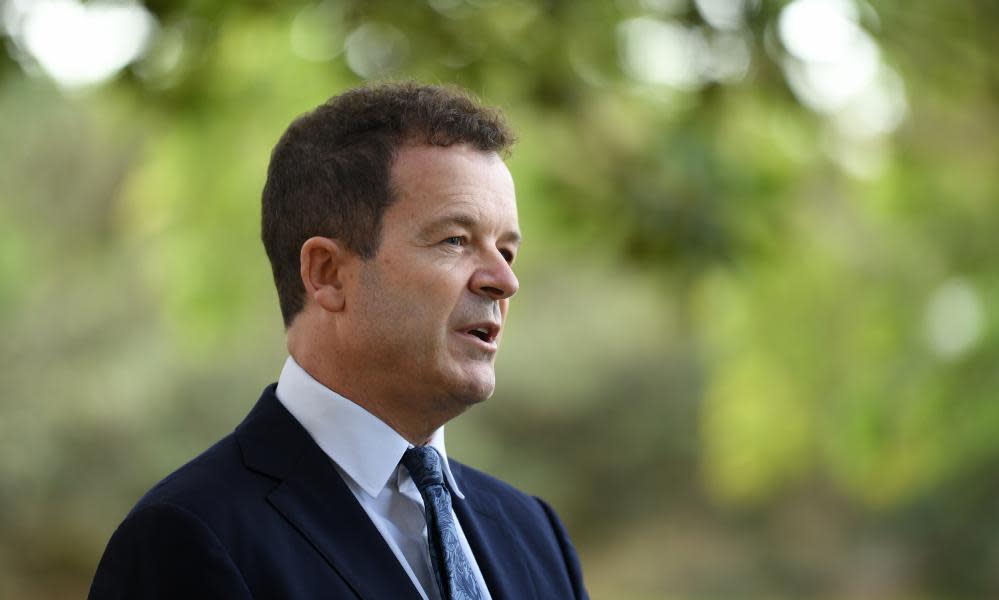Advocates say NSW anti-discrimination laws are failing vulnerable

New South Wales’ “terrible” anti-discrimination laws are worse than second-rate and are failing the state’s most vulnerable, a coalition of community and rights groups say.
The state’s Anti-Discrimination Act was introduced in 1977 and, despite piecemeal changes since, is now seen as outdated and seriously flawed. Critics say the act fails to fulfil its principal aim: protecting vulnerable people against discrimination and vilification.
Related: Discrimination against Indigenous Australians has risen dramatically, survey finds
An alliance of nine community groups and experts have penned a letter to the NSW attorney general, Mark Speakman, warning the legislation is no longer fit for purpose.
The groups include the Public Interest Advocacy Centre, the Women’s Electoral Lobby NSW, People with Disability Australia, Community Legal Centres NSW, and the NSW Gay and Lesbian Rights Lobby.
They say the law does not protect people who are bisexual from discrimination, and allows private educational authorities to discriminate on the basis of homosexuality and transgender status.
There is no requirement for reasonable adjustments to be made to give people with a disability an equal opportunity to participate in society, they argue. The law offers inadequate and inconsistent restrictions on vilification, and gives the widest exceptions to discrimination of any act in the country.
There is also no positive duty on employers to eliminate sexual harassment.
The groups have urged the NSW government to engage in a comprehensive review of the act.
“The Anti-Discrimination Act (ADA) has not been comprehensively reviewed since a NSW Law Reform Commission Inquiry in the late 1990s – and the recommendations of that inquiry were never implemented,” the letter reads.
“For example, in the area of sexual harassment, the ADA’s provisions have not been substantively amended in the 24 years since they were first introduced.”
Public Interest Advocacy Centre (Piac) policy manager Alastair Lawrie told Guardian Australia it would be “generous” to call the act “second-rate”.
“We’re left with an act that falls short of community standards. It falls short in terms of who is protected, how they’re protected, where they’re protected,” he said. “It has the broadest exceptions of any anti-discrimination law in the country.
“It’s just a terrible piece of law that fails vulnerable people.”
Email: sign up for our daily morning briefing newsletter
App: download the free app and never miss the biggest stories, or get our weekend edition for a curated selection of the week's best stories
Social: follow us on YouTube, Facebook, Instagram, Twitter or TikTok
Podcast: listen to our daily episodes on Apple Podcasts, Spotify or search "Full Story" in your favourite app
The letter’s authors say the act is now confusing, patchy, and inconsistent, making it hard for NSW residents to know their rights.
“The law should be simple and clear, so people can understand how their rights are protected and what they need to do to avoid breaching the rights of others,” Piac chief executive, Jonathon Hunyor, said. “It also should reflect current community standards.”
Hunyor said NSW can look to other states and territories, which have modernised their laws, for guidance.
“The list of the Anti-Discrimination Act’s problems is long, but solving them doesn’t have to be complex,” Hunyor said. “We have modern laws across Australia that are tried and tested and provide a useful guide for NSW.”

 Yahoo Movies
Yahoo Movies 
